In the international tourism "race", to attract visitors with standard services and products, thereby enhancing the competitiveness of Vietnamese tourism, improving the qualifications and skills of tourism human resources according to international standards is an inevitable requirement.

In recent times, Vietnam’s tourism industry has demonstrated its strong resilience with continuous growth in the number of visitors in both international and domestic markets. However, according to many experts, the quality and sustainability of our country’s tourism human resources have not been able to keep up with that growth and still have many limitations.
According to Associate Professor, Dr. Bui Thanh Thuy, Head of the Faculty of Tourism, Hanoi University of Culture, in fact, the demand for tourism human resources is very large, because more and more economic groups are investing in this field. In addition, the shift of labor from abroad to our country and vice versa is also increasing, leading to more fierce competition in the tourism labor market. According to statistics from the Vietnam National Administration of Tourism, each year the tourism industry needs more than 40,000 workers, but tourism training facilities nationwide can only supply about 15,000 people.
It is worth noting that only over 15% of them have college or university degrees and only 43% of the workforce has received professional training in tourism. Associate Professor, Dr. Bui Thanh Thuy said: “Many fields still lack skilled workers and foreign language proficiency such as accommodation services, tour guides...; the force of professional staff and experts in state management, business, business administration, policy making, market research, strategy building, planning... is also very lacking”.
From the practical observation of the tourism human resource market in recent years, Ms. Doan Tran Phuong Thao, Human Resources Director of IHG (Intercontinental Hotels Group) in Indochina and Korea, also said that, facing the pressure to change quickly to meet the needs and new tourism trends of customers, the Vietnamese tourism workforce still faces many challenges in improving professional skills and soft skills. Foreign language skills, updating information, teamwork, and understanding customer psychology are still weak, leading to the risk of being easily defeated at home.
It is easy to see that in many 5-star accommodation establishments, senior management positions are mostly held by foreigners. This reality requires a synchronous strategy to develop high-quality tourism human resources that meet international standards, especially in the context of integration.
Up to now, Vietnam is applying a number of standards in training such as: Vietnam Tourism Occupational Standards (VTOS), ASEAN Common Standards for Tourism Occupations (ACCSTP), National Occupational Skills Standards..., to meet the needs of improving the professional capacity of the tourism workforce.
However, experts say that there is still a need for a competency framework that meets international standards to serve as a yardstick for tourism training institutions to apply and develop output standards for learners, ensuring that graduates can immediately adapt to the labor market not only in Vietnam but also around the world.
According to Master Nguyen Thi Trang Nhung, Ton Duc Thang University, there is currently no consensus on the tourism training code. Some schools have their own tourism training code, while others train tourism in general under the Vietnam Studies code. It is necessary to quickly have specific and strict regulations on tourism training codes in all systems and training institutions nationwide.
In addition, it is necessary to promote international training links with schools with good quality tourism human resource training in the region and the world, through many activities such as student, trainee and lecturer exchanges; organizing scientific seminars, thematic reports to learn from experiences..., gradually narrowing the gap in the quality of Vietnamese labor with the region and the world.
Faced with the reality that many tourism training institutions are using lecturers who do not have practical experience and are not trained in tourism, Dr. Do Hai Yen, Deputy Head of the Faculty of Tourism, East Asia University of Technology, said that the practical solution to standardize the quality of tourism human resources is to standardize the quality of lecturers. Training institutions need to stipulate that only lecturers who are trained in tourism and have practical experience in tourism businesses can teach specialized classes.
Dr. Do Hai Yen also emphasized that, in order to join the integration trend, there needs to be a sustainable combination between three parties: School - Enterprise - State to train human resources for tourism.
“This connection creates resources for future businesses, brings job opportunities for tourism students, and creates convenience for State management, reduces costs for schools when connecting with businesses, reduces class time, sends students to work early in businesses and earns income” - Dr. Do Hai Yen said.
Recently, the “Swiss Tourism for Sustainable Development in Vietnam” (ST4SD) project funded by the Swiss State Secretariat for Economic Affairs has officially launched the Swiss Executive Hospitality Training (Swiss EHT) program in Tourism and Hotel Management, aiming to improve the quality of Vietnamese tourism human resources.
The program will run until 2027, providing high-quality content and teaching methods thanks to the transfer of Swiss expertise and values from EHL - the world's leading university in tourism, restaurant and hotel management in Switzerland - to training institutions in Vietnam. Currently, four schools have been selected to implement the program, namely:
National Economics University (Hanoi), IBH Hospitality Training Academy (Da Nang), Van Lang University, Saigon Tourism College (Ho Chi Minh City). The special feature is that the program aims to train middle and senior managers, as well as experienced employees who want to move towards management positions.
Source


![[Photo] The coffin of former President Tran Duc Luong arrives in Quang Ngai](https://vphoto.vietnam.vn/thumb/1200x675/vietnam/resource/IMAGE/2025/5/25/1f1aca0d92ab47deae07934e749b35e6)
![[Photo] Funeral of former President Tran Duc Luong in Quang Ngai](https://vphoto.vietnam.vn/thumb/1200x675/vietnam/resource/IMAGE/2025/5/25/ccf19a3d8ea7450bb9afe81731b80995)


![[Photo] Welcoming ceremony for Prime Minister Pham Minh Chinh and his wife on an official visit to Malaysia](https://vphoto.vietnam.vn/thumb/1200x675/vietnam/resource/IMAGE/2025/5/25/dc30203c3ae24da3990266ec3b29bb2d)

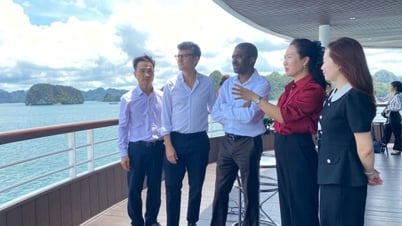

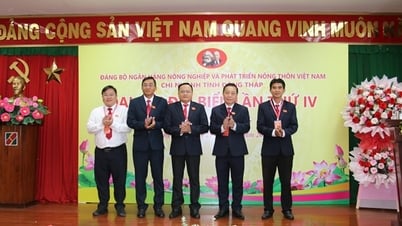

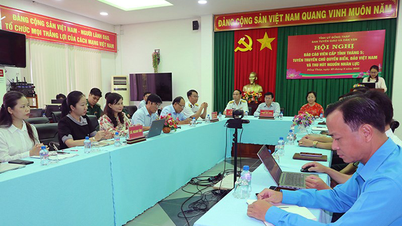
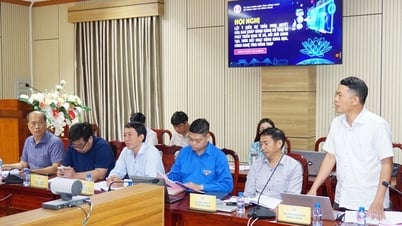





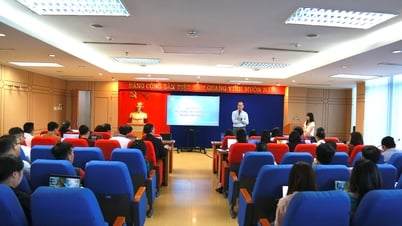



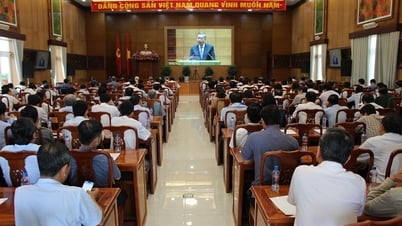
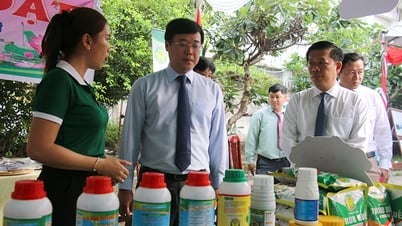








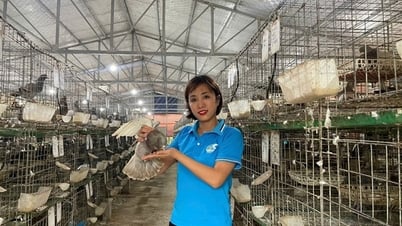

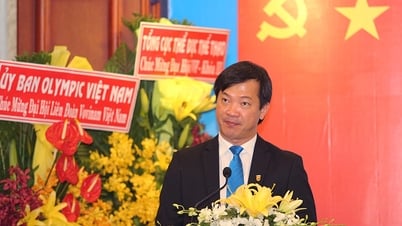















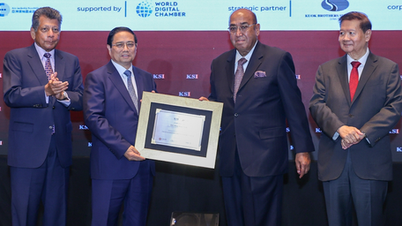
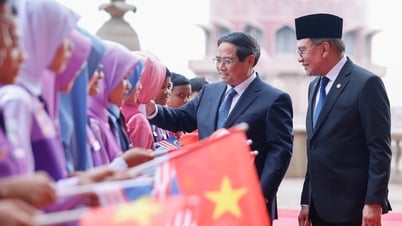
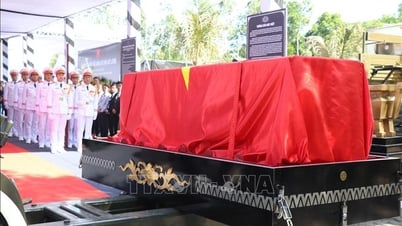










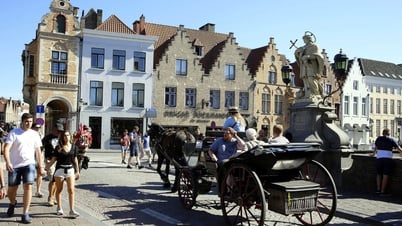

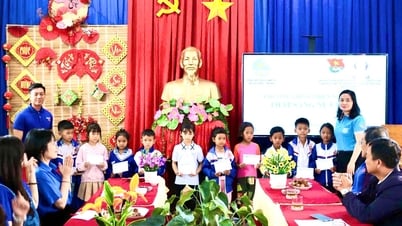

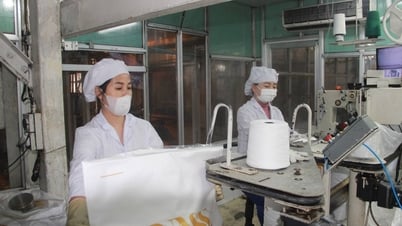



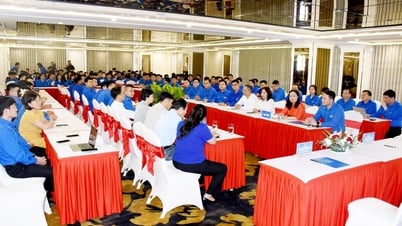








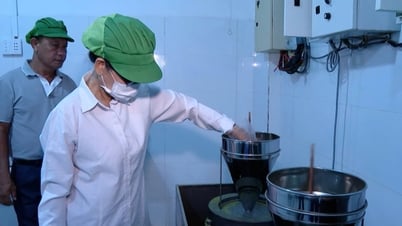





Comment (0)